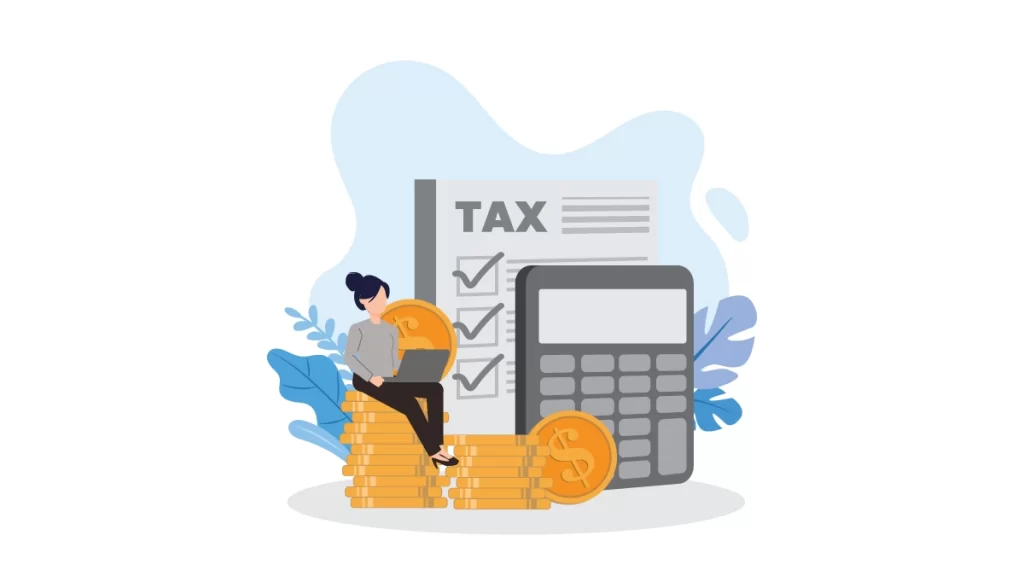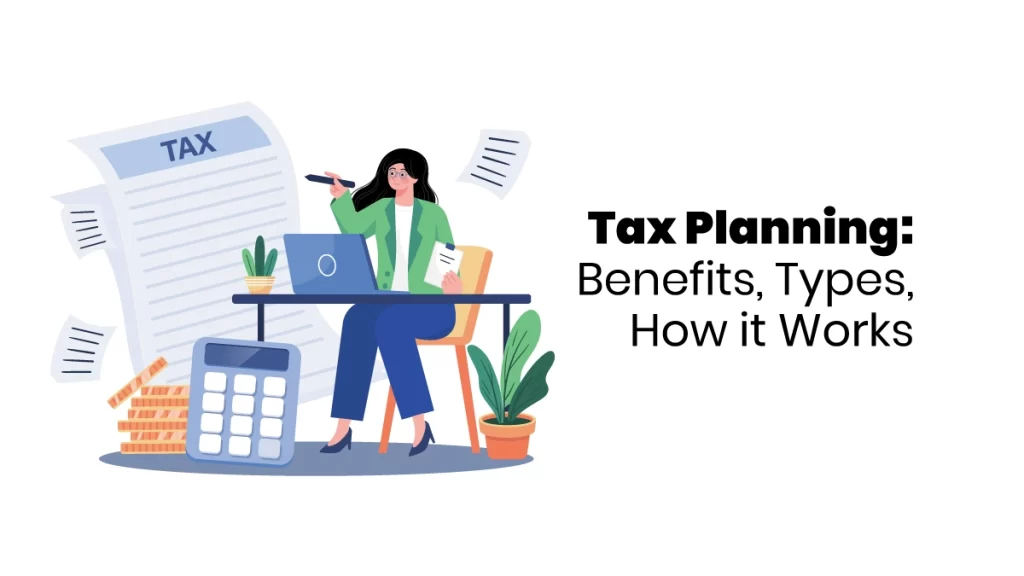Paying taxes is essential for being a good citizen, but you must plan carefully to avoid losing money. To prevent this, it’s helpful to do strategic tax planning.
What is Tax Planning?
Tax planning is about finding a way out of how to pay less tax by managing your money. The idea is to use the rules and benefits provided by the government to lower your tax bill. It involves making smart decisions about your finances and business to reduce the tax you owe. By planning at the start of the year, you can confirm using all the tax rules to your advantage. This helps you save money legally and avoid any last-minute rush to sort out your taxes.
Benefits of Tax Planning
Let’s read about the tax planning benefits;
1. Tax Savings
The main goal of tax planning is to find ways for your company to pay less tax by maximizing deductions.
2. More Money to Invest
Knowing your tax responsibilities means you can use the money that would have gone to taxes to grow your company.
3. Strategize
When we review your company’s information during tax planning, it’s an excellent time to consider what your company can do differently and adjust its plans.
4. Gain Confidence
Through our tax planning process, business owners can learn more about following rules, find ways to save money on taxes and take a more significant role in running their company.
5. Understand Your Business
Tax planning helps you see where your company is making money, find new areas for growth, discover new ways to invest, and decide how to set up those investments to save on taxes.
6. Use Recent Changes
By using the latest updates from the Budget, your company can get the best tax outcome and make sure it doesn’t miss any good incentive programs.

Types of Tax Planning
Tax planning isn’t just about paying less tax. It’s also about intelligent investing to reach your money goals. Here are tax planning types:
Short-term Tax Planning
This is when you start thinking about how to save on taxes at the last minute, near the end of the financial year. It’s an easy way to find legal shortcuts to decrease what you owe in taxes without making a long-term commitment. This can still help you save a good amount of money quickly.
Long-term Tax Planning
This plan begins at the start of the financial year, and you stick with it all year. Unlike the short-term plan, you might not see immediate tax breaks, but it’s better for you in the long haul. It helps you save on taxes and keeps your finances steady and robust.
Permissive Tax Planning
This method means using the tax-saving options that India’s tax laws offer. For example, rules like Section 80C of the Income Tax Act let you pay less tax if you invest in certain things. So, you can legally save money on taxes by following these rules.
Purposive Tax Planning
This is about picking tax-saving options for a specific reason, aiming to get the best out of your money. It includes choosing the best places to invest, changing your investments when needed, and spreading your money differently based on where you live. It’s all about planning your investments smartly to save on taxes.
How -Does it Work?
Let’s read about how tax planning will works;
- Start by figuring out how much money you make. Look at both your yearly and monthly income.
- Some parts of your money might not be taxed, like housing or rent allowances from your job. But the money you make from investments might be taxed. So, understand what parts of your money can be taxed and what can’t. This will help you plan better for taxes.
- You can lower the amount of money you have to pay taxes by using deductions. This means organizing your salary and choosing where to put your money wisely. For example, if you put money in a fixed deposit for over a year, you’ll pay less than regular income tax. Debt funds can save you more money if you earn a lot and fall into a high tax bracket.
- One can use many ways to reduce the tax to pay. These include schemes like Provident Public Fund (PPF), Equity Linked Saving Schemes (ELSS), National Saving Certificates (NSC), or keeping your money in a 5-year bank deposit. Paying for life, health, or home loans can help lower your tax bill.
Here’s a simple example: You earn 6.5 lakhs annually and put 1.5 lakhs into these unique schemes. You can then reduce your taxable income to 5 lakhs. That means you won’t owe any taxes because people earning up to 5 lakhs get a rebate under Section 87A. The money you save from taxes can be used for other essential things. By understanding your income and following these basic tax rules, you can plan your taxes smartly and ensure you have enough money for your needs.
Taking an income tax course helps you learn about filing taxes. An online income tax accounting course, like the one offered by Finprov, is a great way to understand the topic thoroughly. Finprov’s accounting professional courses are designed to teach you how to prepare and file your income tax returns accurately and effectively. Our income tax course covers different types of income, tax systems, old and new tax schemes, basics of TDS & TCS, deadlines, penalties, accounting records, and bookkeeping. We also offer practical live training and placement assistance to all the learners.




















